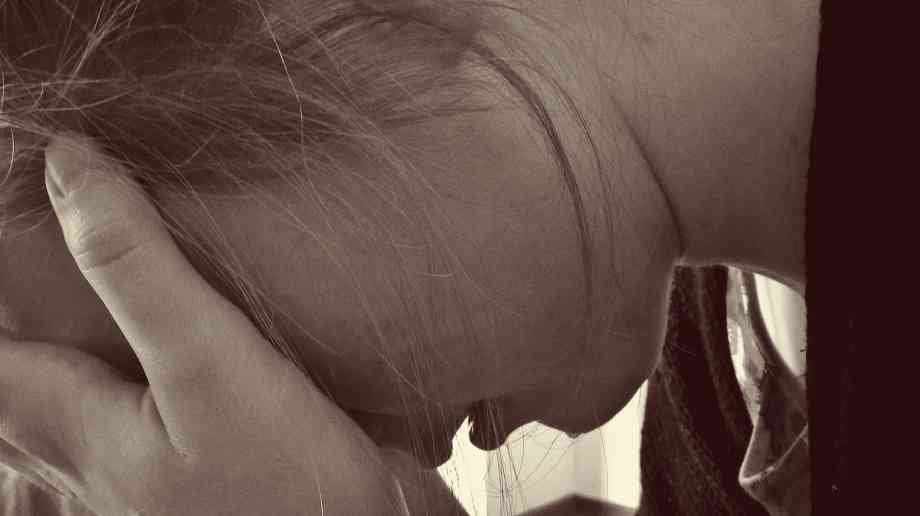Sue Robb of 4Children talks to Julie Laughton and Alison Britton from the Department for Education about the role of childminders in delivering the 30 hours free entitlement.
Domestic abuse survivors at risk of homelessness

New research shows that nearly 2,000 domestic abuse survivors are being put at risk of homelessness each year because they aren’t considered vulnerable enough for support to find a settled home.
Homeless charity Crisis, alongside the All Party Parliamentary Group for Ending Homelessness, have released research which shows that there are more than 170,000 families and individuals experiencing the worst forms of homelessness in Great Britain. If current trends continue, this is expected to almost double in the next 25 years.
Under the current legislation, people who are homeless due to domestic abuse are not automatically considered to be in priority need for settled accommodation. Instead, people are required to prove they are more vulnerable than an ordinary person would be if made homeless to be owed the main homelessness duty. This means that many people are forced to return to an abusive and potentially life-threatening situation or face the devastating consequences of homelessness.
The two organisations say that there is a ‘clear and well evidenced link’ between domestic abuse and homelessness, with 6,850 people accepted as homeless by their council in 2017 because of a violent relationship breakdown - accounting for 12 per cent of all homeless acceptances.
The report looks at how the government’s Domestic Abuse Bill could break the link between domestic abuse and homelessness by ensuring that people who are homeless as a result of fleeing domestic abuse have the right to access the main homelessness duty under the law. However, the report highlights concerns over the lack of specific recommendations aimed at preventing homelessness among victims of domestic abuse within the Bill.
The groups recommend that current legislation is amended so every person who is homeless as a direct result of domestic abuse is considered a priority need for settled accommodation. If this change was made, estimates suggest an additional 1,960 households a year could be owed the main homelessness duty.
Simon Blackburn, chair of the Local Government Association’s Safer and Stronger Communities Board, said: “Tackling domestic abuse is an issue which councils take very seriously and they already offer a range of support to protect victims and their families from this horrendous crime. The government’s recent announcement that funding will be provided to place these vital services on a long-term, sustainable footing will help councils in this vital work. A multi-agency approach is needed to tackle this crime, with flexibility in the government’s new package of support to ensure services can be tailored to the needs of different areas.
“However, our ambition must be to reduce the number of victims of domestic abuse, with greater investment in early intervention and prevention schemes that helps stop domestic abuse occurring in the first place. Many councils are struggling to cope with rising homelessness and to find suitable accommodation for those in need, which is leading to the increasing use of temporary accommodation.
“If councils are to be truly able to help more domestic abuse victims find suitable housing, councils need to keep 100 per cent of the receipts of any homes they sell to replace them and reinvest in building more of the genuinely affordable homes they desperately need and the ability to adapt welfare reforms.”
Company Focus
BLE Lighting & Power Ltd, a leader in cutting-edge lighting and power solutions, is proud to introduce BLE Connect, a groundbreaking Fully Automated Emergency Lighting System designed to simplify the labour intensive maintenance of emergency lighting across multiple facilities.
Key Features of BLE Connect:
Event Diary
UKREiiF has quickly become a must-attend in the industry calendar for Government departments and local authorities.
The multi-award-winning UK Construction Week (UKCW), is the UK’s biggest trade event for the built environment that connects the whole supply chain to be the catalyst for growth and positive change in the industry.
Supplier Profiles
Geo Energy
At GeoEnergy Design, we're on a mission to disrupt the traditional way heating and cooling ha
Latest Features
Professor Harith Alani, director of the Knowledge Management Institute at the Open University explains how AI can be used for good and bad.
Alex Lawrence, head of health & social care, techUK sets out techUK’s Five Point Plan for CareTech.

















